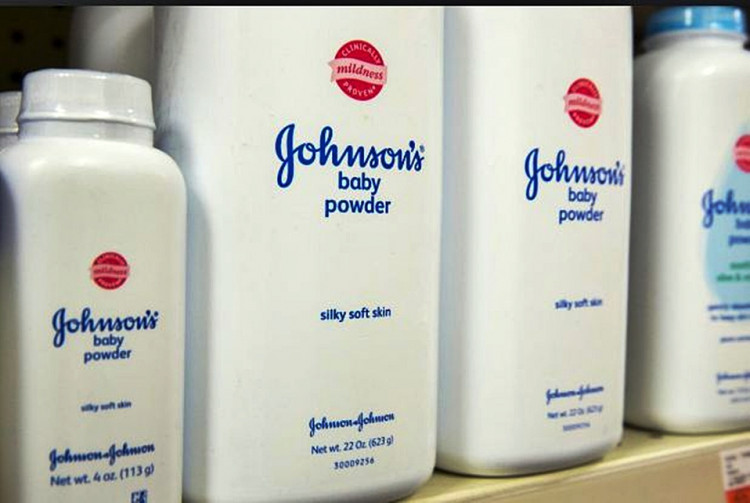Johnson & Johnson, the brand is best known in Asia for its baby powder, continue to deny allegations it knew as early as the 1970s that the talc in its baby powder contained asbestos, a known carcinogen.
A damning investigative report by Reuters reveals that Johnson & Johnson knew full well about carcinogens in its baby powder but kept this frightening truth from the U.S. Food and Drugs Administration (FDA) and the American buying public.
The World Health Organization (WHO) says there is no safe level of exposure to asbestos. Even trace amounts of asbestos are dangerous. Asbestos is also the primary cause of mesothelioma, a very deadly form of cancer.
Johnson & Johnson is having to fight lawsuits brought against it by 11,700 plaintiffs who claim the company's talc caused their illnesses. This number includes thousands of women with ovarian cancer.
The Reuters report caused Johnson & Johnson's stock to lose over $50 billion in value during trading at Wall Street on Friday and yesterday. It was the stock's worst trading day in 15 years.
As might be expected, Chairman and CEO Alex Gorsky denied the Reuters report.
"We unequivocally believe that our talc, our baby powder, does not contain asbestos," alleges Gorsky.
He claims this statement is backed up by thousands of studies not only conducted by J&J but conducted by independent authorities where the company works closely with regulators overlooking the methodology.
He further alleges studies from independent bodies have found no causation between talc, baby powder, and ovarian cancer or any type of asbestos-related disease.
The Reuters report affirms that Johnson & Johnson knew for decades that asbestos lurked in its baby powder. It discovered that Johnson & Johnson also knew its raw talc and finished powders sometimes tested positive for small amounts of asbestos.
It also found that company executives, mine managers, scientists, doctors, and lawyers fretted over the problem and how to address it while failing to disclose it to regulators or the public.
Asbestos is frequently found in underground mineral deposits near talc, which is the main ingredient in baby powder. It was a source of worry in Johnson & Johnson as early as 1957 when reports by a consulting lab uncovered asbestos-tainted talc.
A follow-up investigation by the New York Times found that executives proposed new testing procedures or replacing talc outright while trying to discredit research suggesting that the powder could be contaminated with asbestos.






